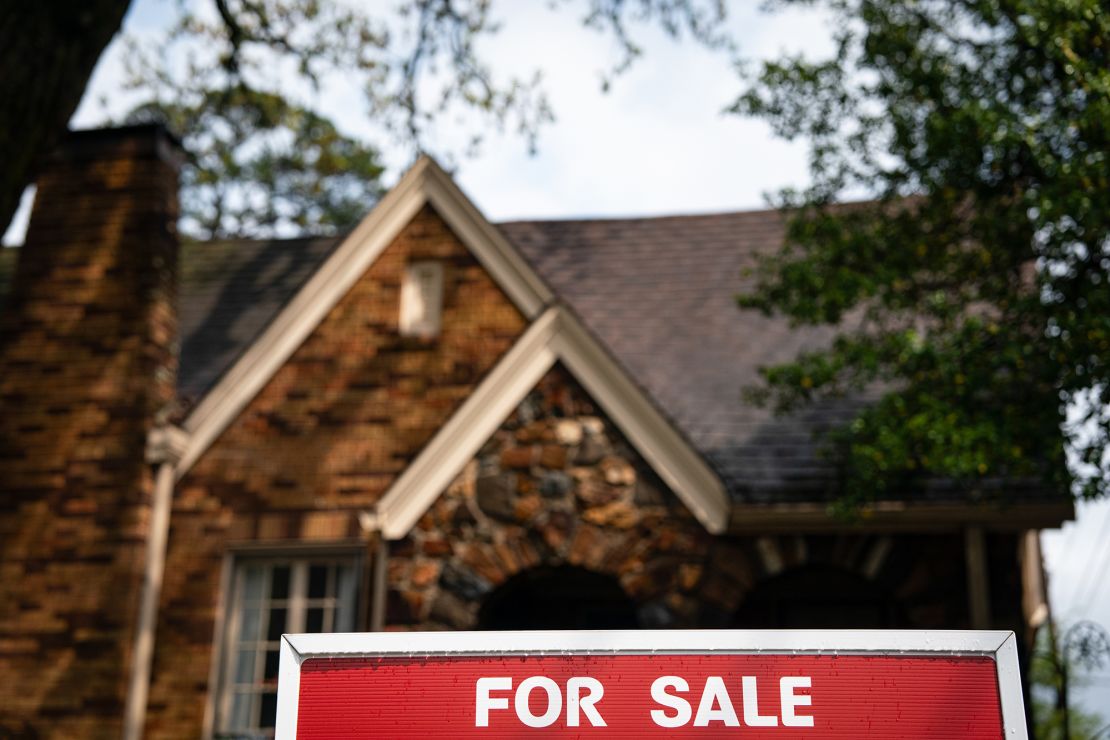A surge in home-purchase cancellations this spring signals a deepening unease among U.S. buyers, as tariff threats and stock-market volatility erode consumer confidence. From March 17 to April 13, more than 14% of signed purchase agreements were canceled, the highest April cancellation rate since early 2020, when the pandemic initially halted activity, according to Redfin data provided to CNN. Buyers cite looming layoffs, depleted investment portfolios, and rising renovation costs as they reconsider or defer deals.
Unprecedented Walk-Aways
Los Angeles agent Scott Price had navigated thousands of transactions in his 20-year career, yet only once before had a buyer back out days before closing. In April, a client forfeited a 3% deposit on a $750,000 home, spooked by warnings of possible job cuts at his firm. “This was very unusual,” Price said. Yet across the country, such late-stage cancellations are becoming more common.
In March, sales of previously owned homes fell 5.9% from February—the weakest March since 2009—according to the National Association of Realtors. Spring’s traditional buying surge has faltered as economic jitters ripple through the market.
Economic Headwinds
Tariff Uncertainty
President Trump’s announcement of sweeping “reciprocal” tariffs on all imports and a subsequent 90-day pause on the highest levies, except those on China, as economists warned of price increases on building materials, appliances, and fixtures. For buyers eyeing fixer-uppers, higher costs for lumber, windows, and kitchen equipment are forcing a rethink. New York Realtor Matthew Bizzarro noted that clients are increasingly avoiding homes that require renovation. “They want move-in-ready properties,” he said.

Stock-Market Sell-Off
The Dow Jones Industrial Average plunged 9.1% in the first three weeks of April, its worst April performance since 1932, erasing gains many prospective buyers had counted on for down payments. “First-time homebuyers have been skittish,” said Tacoma Realtor Maddy Mixter. “There’s anxiety about whether markets will rebound, so younger buyers hesitate to cash out stocks.”
Certified financial planner Douglas Boneparth advises clients with near-term home-buying goals to shift down-payment funds out of equities into cash or short-term bonds. “Money needed for a home purchase should not be fully invested in the stock market,” he said.
Mortgage Rate Volatility
Tariff-driven swings in the bond market have driven the benchmark 10-year Treasury yield above 4.5%, triggering the most significant one-week jump in 30-year fixed mortgage rates in nearly a year. Each tenth of a percentage-point increase can add hundreds of dollars to monthly payments, further squeezing affordability. “Mortgage rates are a huge factor,” Mixter said.

Buyer Strategies and Market Responses
Cautious Search Criteria
Agents report that many buyers now filter searches for turnkey homes to avoid uncertain renovation budgets. “Starter homes used to need a little shine-up,” Mixter noted. “Now, clients want places they can move into immediately.”
Conversely, a subset of older homeowners—those who have liquidated their stock holdings during market dips—are actively purchasing real estate, viewing it as a safer store of value. Their interest provides some counterbalance to cancellations among younger buyers.
Rate Locks and Contingencies
Real estate professionals recommend locking in mortgage rates for 45–60 days to hedge against further interest rate spikes. Agents also advise including appraisal and financing contingencies to allow buyers an exit if rates rise or inspection reveals costly repairs.
Regional Variations
Cancellation rates vary by market. In tech-driven metros like San Francisco and Seattle, where stock-option wealth fuels purchases, cancellations have climbed above 16%. In more affordable Sun Belt markets, rates remain closer to 12%, as local buyers less reliant on equity gains continue to transact.
In Little Rock, Arkansas, sales slid but cancellations remained below the national average, reflecting stronger wage growth and lower home prices. “Our buyers are less exposed to portfolio losses,” said agent Karen Holloway.
What’s Next for Spring Homebuying Season
Analysts warn that until tariff policies stabilize and bond yields moderate, cancellations are likely to remain elevated into May. Consumer confidence measures are near two-year lows, and hiring warnings in the tech and finance sectors add to buyer apprehension.
However, if the White House scales back tariffs or extends pauses, and if markets regain footing, pent-up demand may reignite. “Homeownership remains a core aspiration,” said real-estate economist Selma Hepp. “When uncertainty eases, qualified buyers will return, and spring sales could see a late rebound.”
Pour plus de Nouvelles d'affaires, vérifier PGN Business Insider.
















